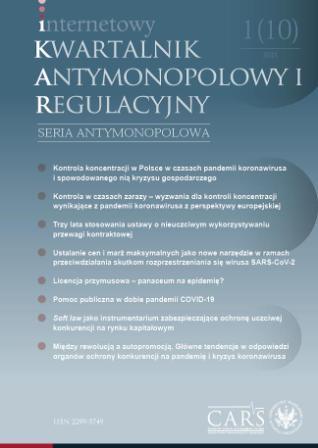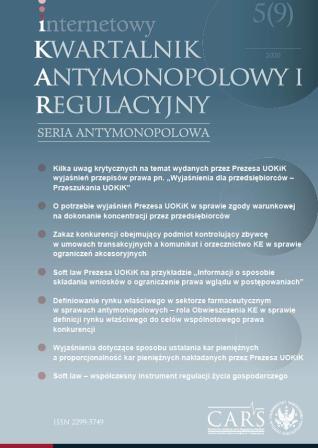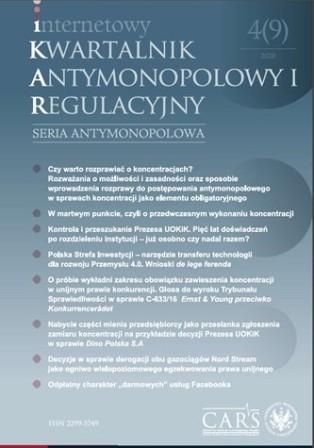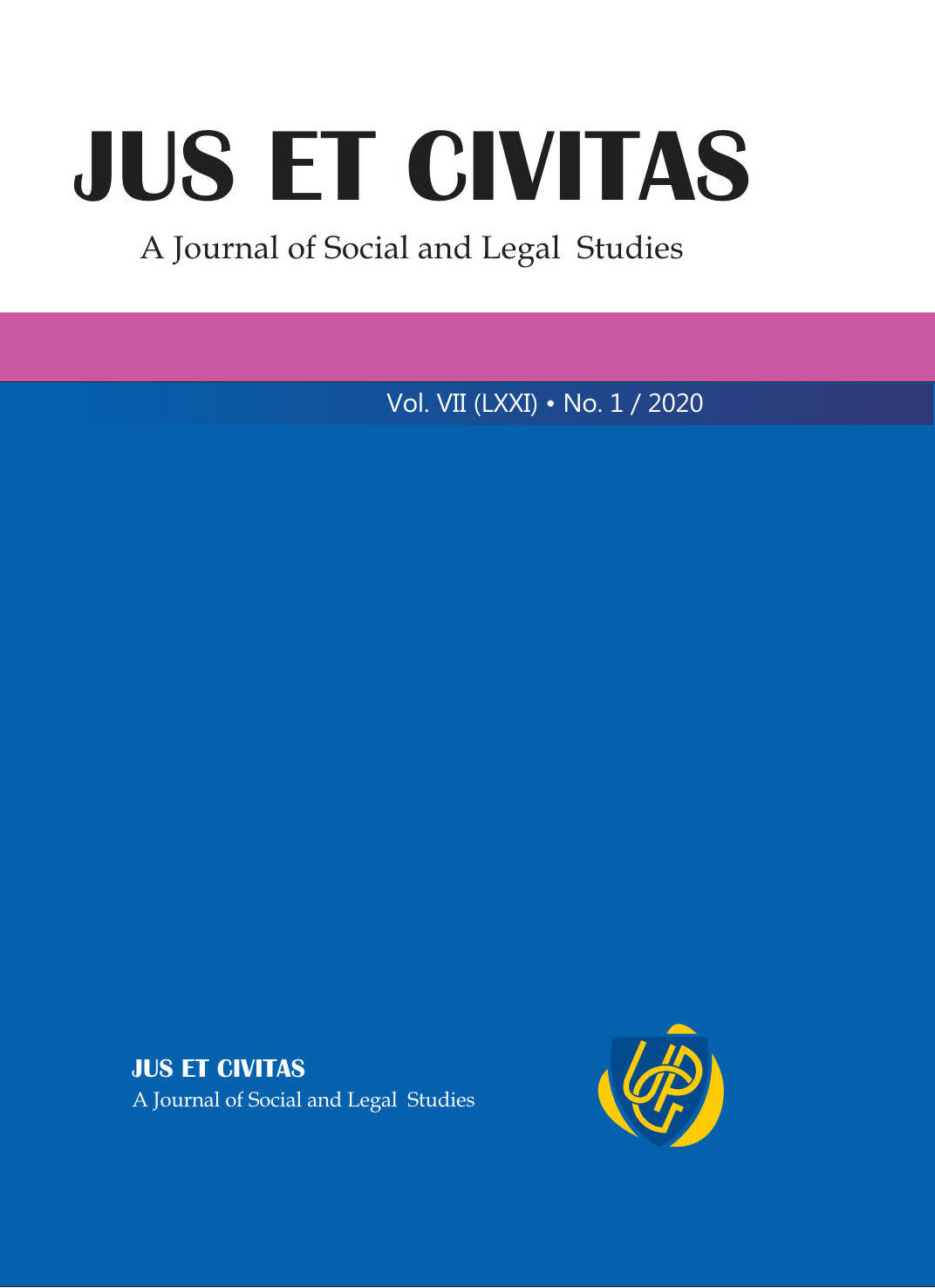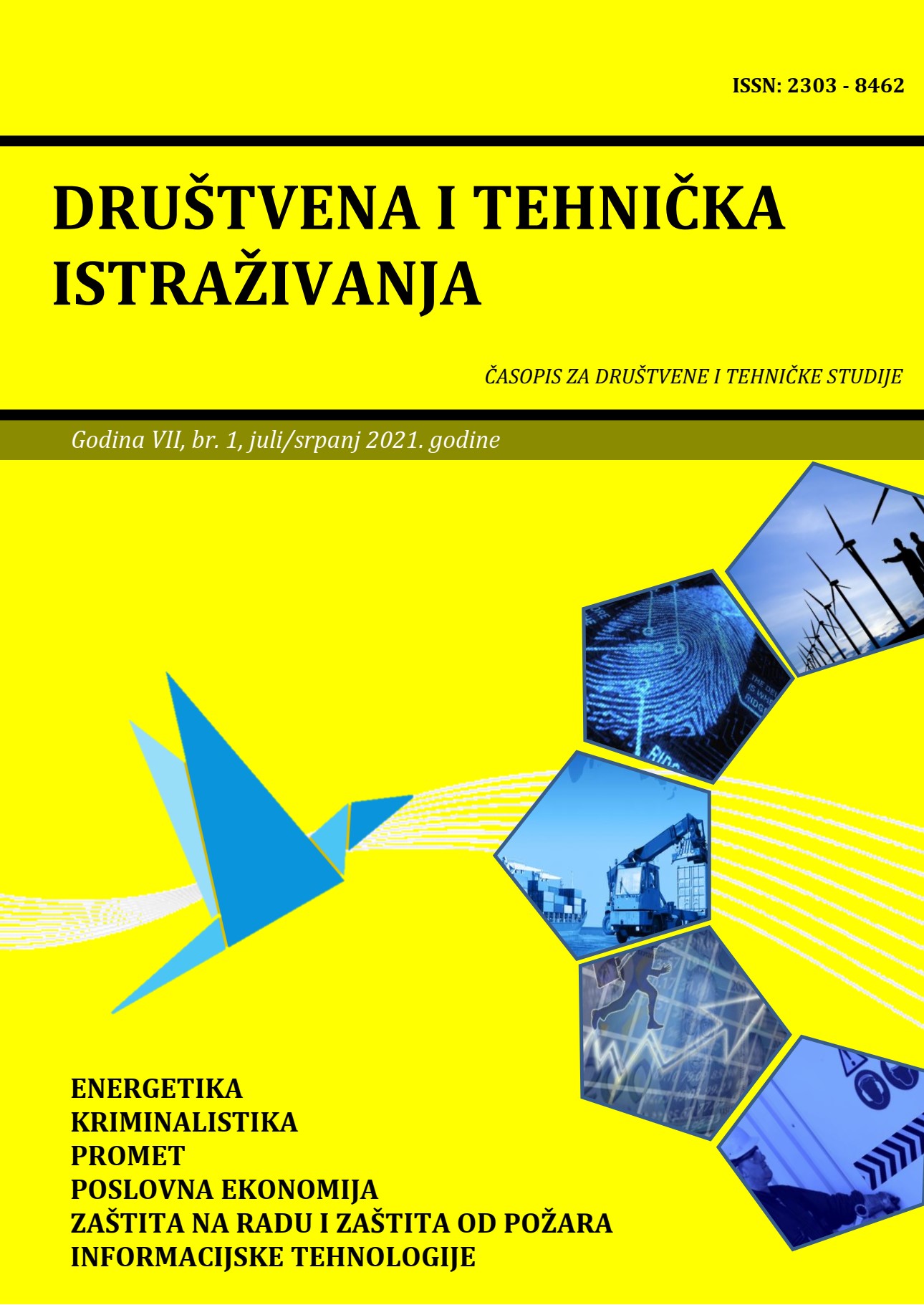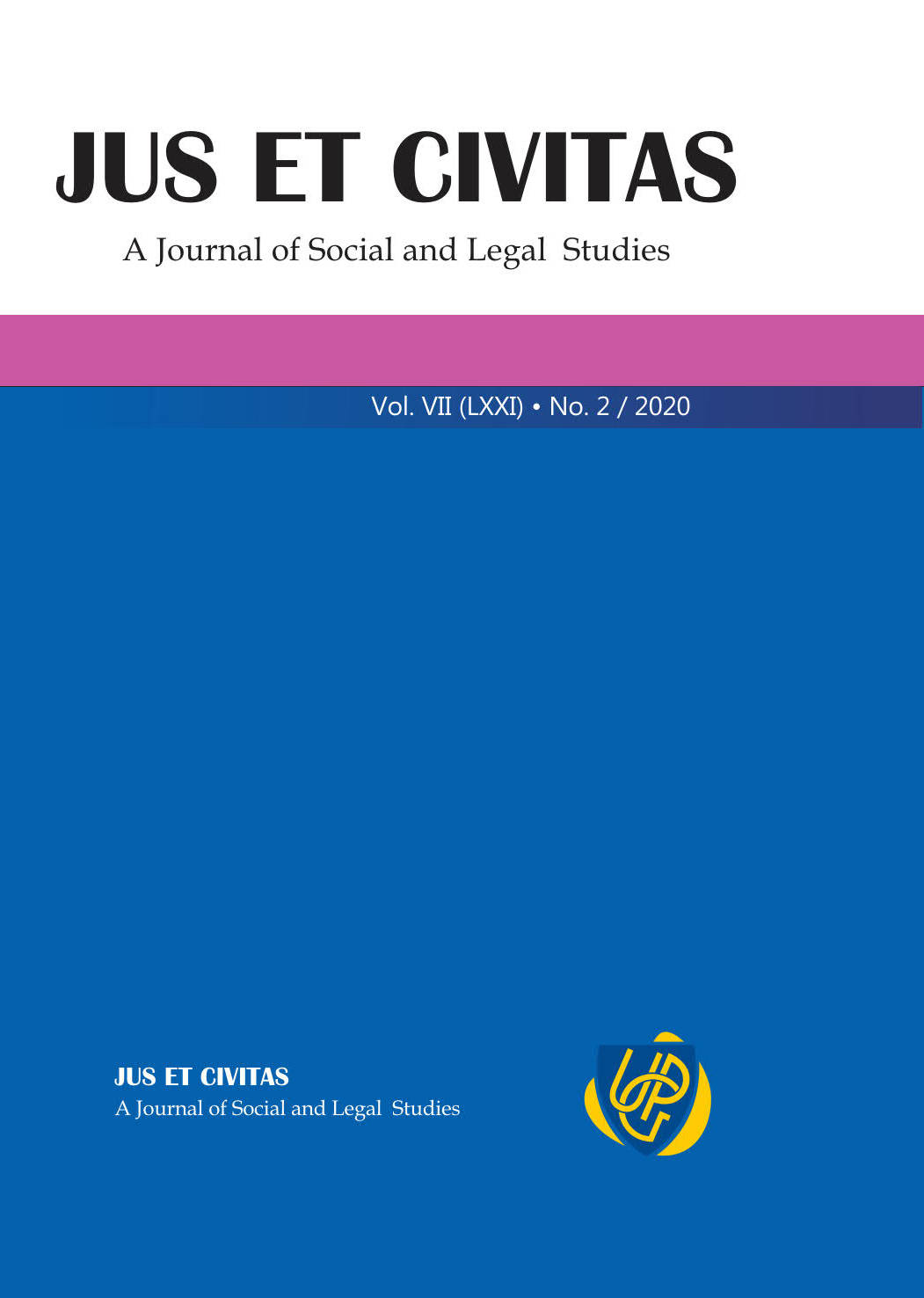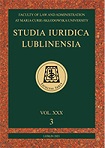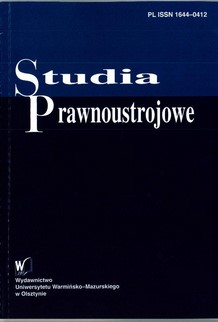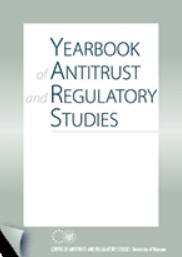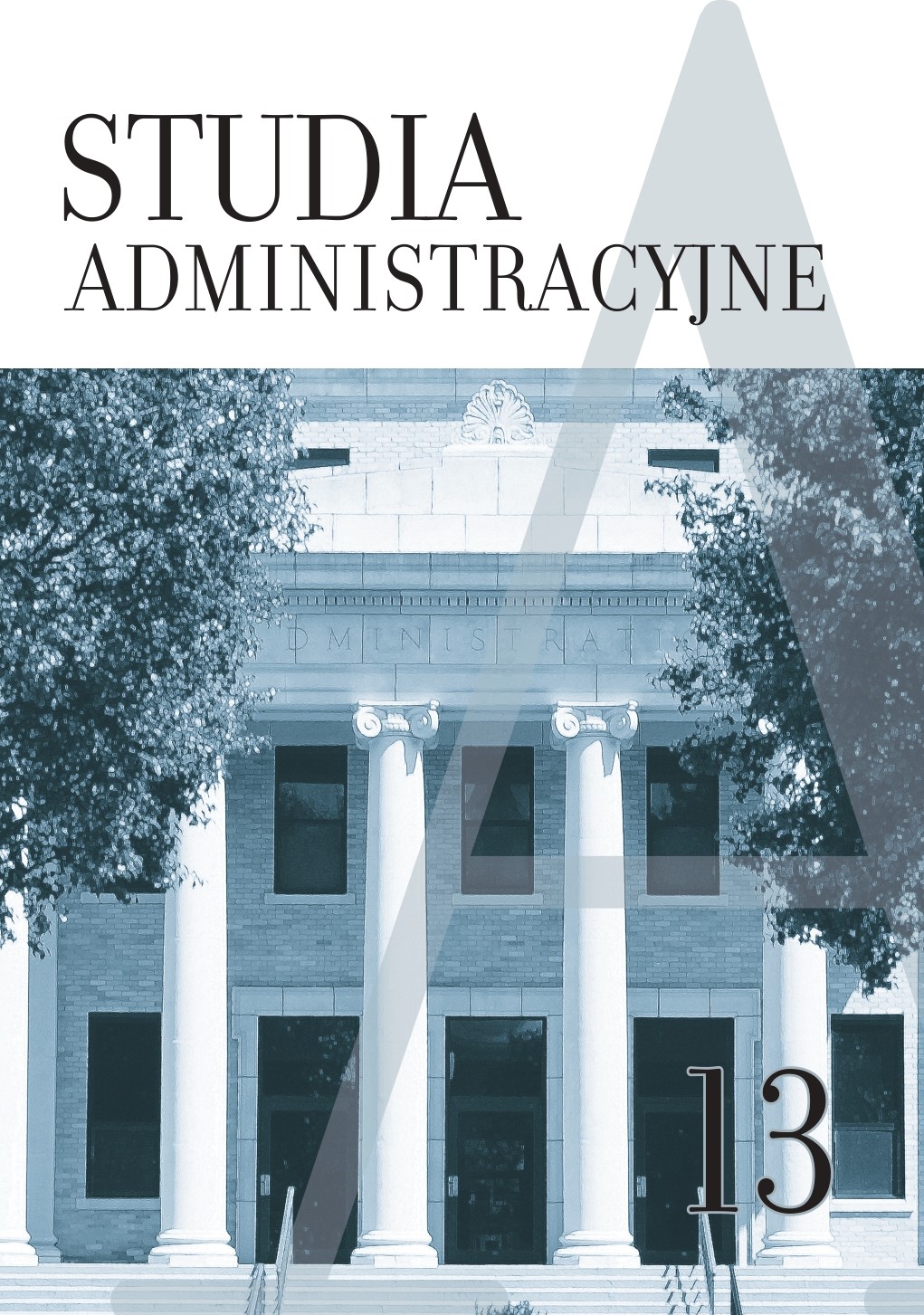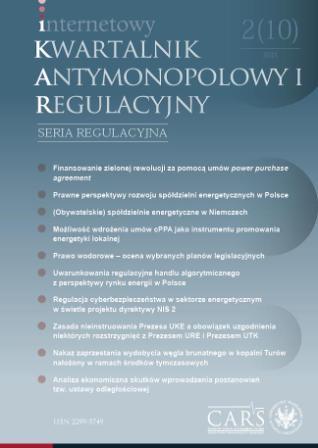
Finansowanie zielonej rewolucji za pomocą umów power purchase agreement
The article discusses important issues related to financing investments in renewable energy with the use of power purchase agreements (PPAs). Further development of green energy should be expected and will be closely related to the development of green finance. The attractiveness of energy from renewable sources results from forecasts regarding the increase in the competitiveness of renewable energy in comparison to electricity from conventional power plants burning fossil fuels. The authors also indicate the increasing significance of the climate risk, which becomes an impulse for the development of green finance, creating instruments for responding to this risk. As a result of lowering investment costs, renewable energy sources (RES) are becoming the cheapest way to develop generation capacity in the global power industry. As a result, on many markets, the purchase of renewable energy for the needs of large industrial plants is competitive in comparison to the traditional power industry. The purchase of electricity from RES makes also possible to protect against price fluctuations caused not only by changes in the prices of fossil fuels, but also by greenhouse gas emission allowances, or the impact on energy prices of the climate change protection policy. Since the production of electricity is not the core activity of industrial plants, it is difficult to obtain positive decisions of owners to invest in renewable energy. Hence, the use of PPA instruments, that are not related to direct capital investments and the construction of fixed assets, is becoming popular. Importantly, PPAs ensure the liquidity of the market risk hedging in the long run, much longer than the liquidity of the futures market. That is why the article discusses the specificity of various types of PPAs and the risks associated with them.
More...
